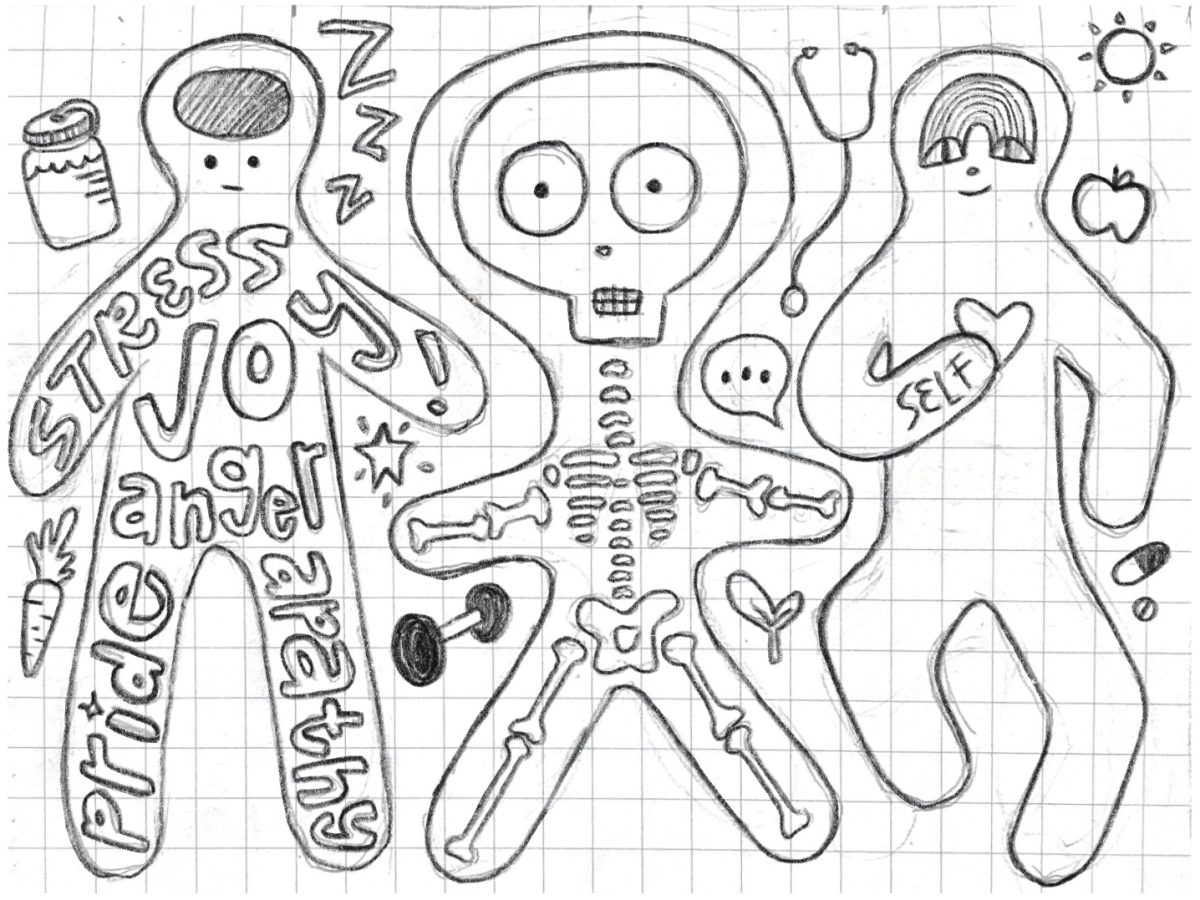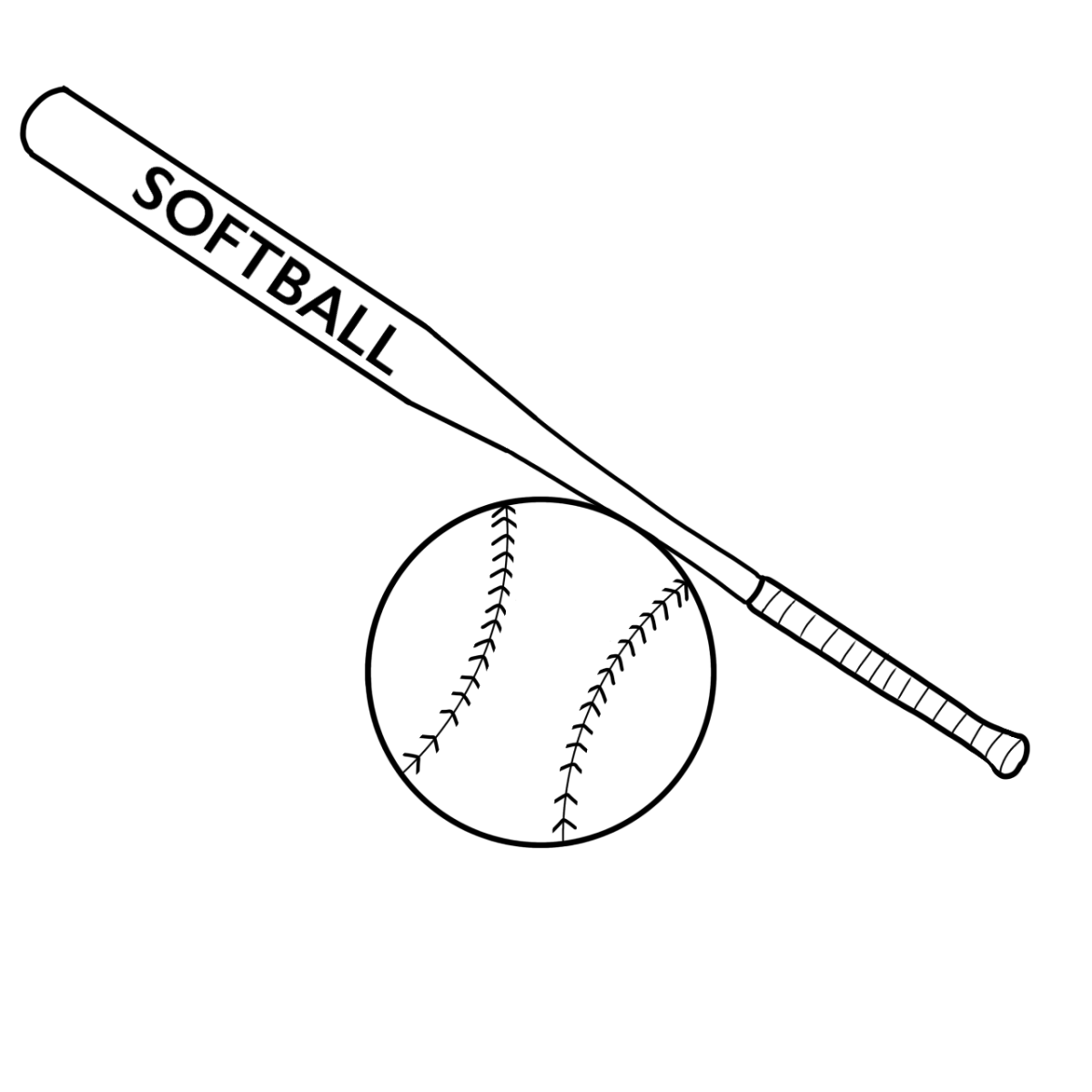Listening to music is a common way for students to pass the time while studying. But is this coping mechanism against heavy workloads doing more harm than good? Some people (parents and teachers mostly) believe that listening to music while studying distracts students from what they are studying. This can lead to procrastination, retaining less information, and performing worse on examinations. On the flip side, many students believe that music stimulates the brain, enhances focus, and improves cognitive performance. This debate among students, teachers, and parents introduces the question, can a melody really help you do math? And, does music actually help students focus on schoolwork or is it just a welcome distraction from having to study?
Studying with music can be relaxing for students, especially when they are cramming for an upcoming test. It can positively impact their mood and motivate them to keep pushing forward even when they should probably get some sleep. It can also be used to block out distractions, allowing students to better focus while studying. Some believe that these effects can help students study more efficiently, and as a result perform better on tests. This is akin to the Mozart effect, the theory that listening to Mozart’s music makes you smarter. Even though there is no research to back this claim up, Mozart’s music, and classical music in general, is known for allowing the brain to absorb information easier, as well as having a calming effect, especially when being used as background noise. But what about other types of music? Pop, although popular (as the name implies), is known to get stuck in people’s heads, which can be very distracting when trying to concentrate on studying. There are several genres of music that students enjoy and can listen to while studying, but it’s hard for students to know which genres are better for studying than others.
A survey conducted by The Echo asked HSMSE students their experience and opinion in regards to studying with music. The survey garnered more than 50 participants. When asked how often students listen to music while studying on a scale from 0-10 (0 meaning they never listen to music while studying, 10 meaning they always listen to music while studying), the responses ranged all over the scale, with 24.1% of responders choosing 10, making it the most common answer. Those who said that they listen to music while studying explained how music made studying more enjoyable for them and helped ease their nerves. By effect, music made a studying session more productive. In addition, over 50% of respondents believed that studying with music made them more productive, and over 65% believed that they retained the information they studied while listening to music, showing the majority of students who answered the poll and listened to music while studying believed that listening to music while studying positively affects their studying.
Out of the around 30% of students who answered they didn’t listen to music, their main reasons were music being too distracting and making it harder to focus. One student’s concern was that if they listened to music they liked, they would pay more attention to it than what they were actually supposed to be studying, which wouldn’t be beneficial to them, and why would they want to listen to music they didn’t like? They, like many other respondents, thought that listening to music would be a distraction from their work and would negatively affect their studying.
The three most popular genres of music were (in order): pop, rock, and instrumental music (music without lyrics). Pop and rock music was described as energizing students and making studying more productive and fun. Instrumental music, on the other hand, was described as a better genre for focusing and drowning out distractions. One respondent explained they would listen to faster, more upbeat music with lyrics to make a tedious assignment (one that doesn’t require much thinking) more enjoyable, and would listen to calmer, instrumental music when something required their full attention to memorize. All in all, this data shows that different students use different genres of music depending on the type of assignment and the type of motivation they are reaching for.
Based on these results, we can conclude that the effects of music on studying depend more on the individual’s learning style. The takeaway is: if music helps you study, then use it to study. Everyone’s studying style is different and what may be harmful to others, can be helpful to you.






























